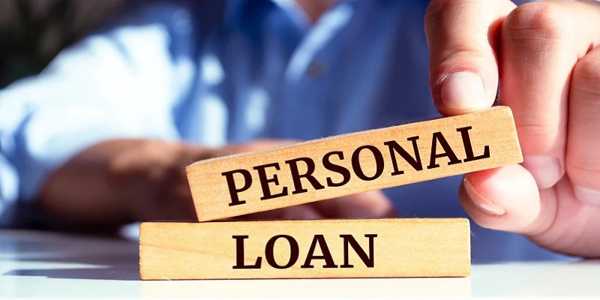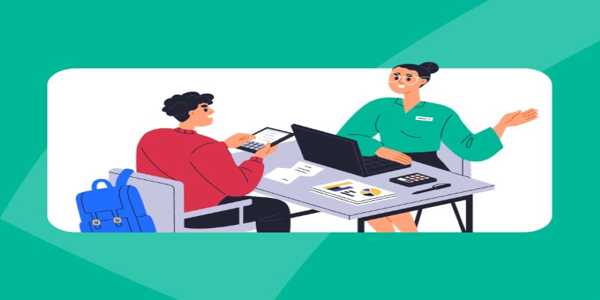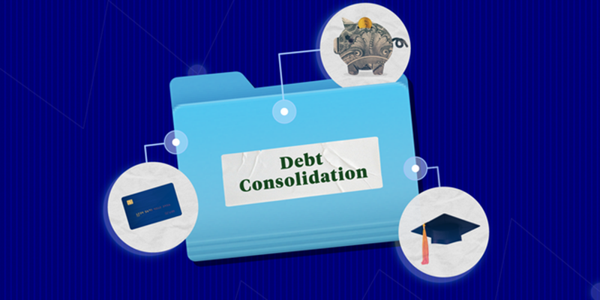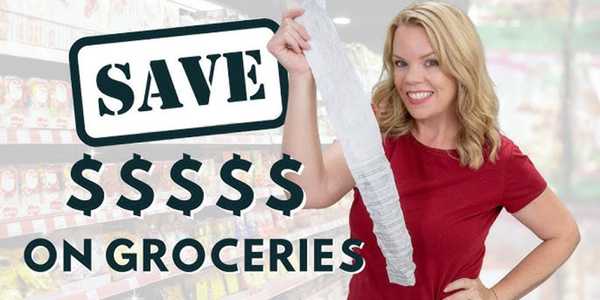How To Get Out Of Debt When You Are Broke
Being broke is hard. But being broke and in debt is even worse. You wake up each day worried about how to pay bills. Calls from loan agents don’t stop. The pressure feels like it’s crushing your chest. You feel stuck. But here is one truth: nobody is coming to save you. You must face it. No more hiding behind excuses or waiting for some miracle money.
Stop Borrowing More
This is the first step. If you're drowning, stop adding more weight to yourself. Many people in debt believe that borrowing more will help them pay off their existing debts. That is not a solution. It is a trap.
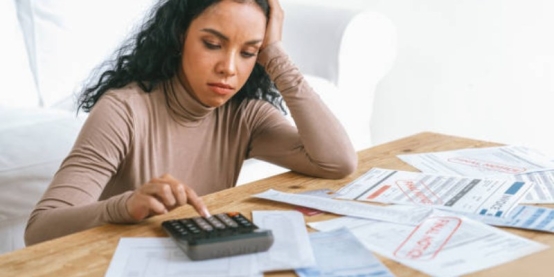
If you take a new loan to pay an old one, you are not solving anything. You are just pushing the problem into the future. And the future will hit harder because the interest grows. Even consumer finance experts agree that this is a bad idea unless it involves a lower-interest consolidation loan from a trusted bank.
Control your hands. Lock your borrowing apps. If you don’t stop digging, the hole will get deeper.
List All Your Debts
Sit down. Write it all out. Every single one. No guessing. No hiding from the numbers. List the:
Total amount you owe
Name of the lender
Interest rate
Due date
Monthly payment
Face it, even if it's painful. This step helps you understand the scope of the problem.
People who avoid this are often the ones who stay in debt for years. Don't be that person. Be honest with yourself.
Cut Unnecessary Spending Immediately
Stop buying things you don't need. Forget the fast food. Cancel the online shopping. Don’t upgrade your phone. No one cares what shoes you’re wearing when you're broke and owe people money.
Some people spend money to escape Stress. That's a foolish cycle. Debt causes Stress. Spending to feel better creates more debt. Then more Stress. Break that pattern.
Track every dollar you spend. If it's not rent, food, or transport, cut it. Use free apps to track your spending, or use a pen and paper. It works the same. Budgeting may not be enjoyable, but it's a crucial step that responsible adults take to take control of their lives.
Start Paying The Smallest Debt First
When your debts are many and your money is little, start with the smallest one. Pay that one off fast. Then move to the next. This method is called the debt snowball method. Many financial advisors use it because it helps people build confidence.
When you pay off one debt in full, you feel a sense of accomplishment. That small win gives you energy to keep going. You now have one less lender contacting you. That peace matters.
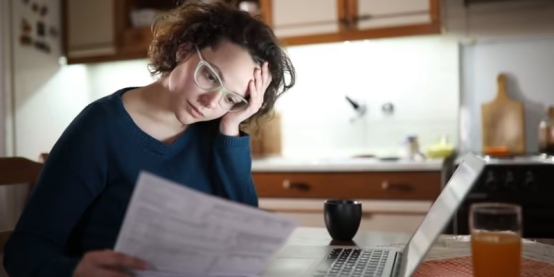
Suppose the smallest debt has a high interest rate, even better. You save more in the long run. But don't get stuck overthinking. Pick a plan and stay on it.
Sell What You Don’t Need
Look around your room. You have things you don't use. Old phones. Unused gadgets. Fancy shoes you only wore once. Turn them into cash. It won't make you rich, but it can give you a head start on paying something off.
Selling is not shameful. Holding on to things while owing others is what should be scandalous. Use apps, social media or talk to friends. Cash is better than clutter right now.
Find a Side Hustle You Can Do
You’re broke. You have time. Stop wasting it. If you’re watching five hours of shows or scrolling endlessly, that’s five hours you could be making money.
There are jobs online and offline. Freelance writing. Graphic design. Cleaning houses. Delivering food and running errands for people, and teaching kids. Something always pays.
Some sites, such as Upwork, explain how to start freelancing even without prior experience. Don't aim for big profits fast. Just earn something and use it wisely.
Stop thinking you’re too big for small jobs. Debt is not small. So humble yourself and work.
Learn To Say “No”
Some people stay broke because they’re afraid to say “no.” Friends borrow and never return. Family asks for help even when you are struggling. You say yes because you want to be seen as nice.
Let this be clear: you cannot save others if you are sinking. Say no without guilt. Anyone who truly cares will understand. And if they don’t, that’s not your problem right now.
Save yourself first. Then, when you’re stable, you can help others.
Talk To Your Lenders
Some people hide from lenders. That's risky. Communication can save you. Many lenders are willing to adjust payment dates or allow smaller payments if you are honest and transparent.
You may not know this, but even financial institutions sometimes offer relief plans when people request them in a timely manner. But they won't chase you to provide it with. You must speak up.
Avoiding them only makes them more aggressive. And it can harm your credit score even more.

Start Learning About Money
Being broke is bad. But being broke and financially clueless is dangerous.
Start reading or watching free content about managing money. Learn how loans work. Learn how credit cards can hurt or help you. Learn how to budget. Learn how to invest — not now, but when you’re stable.
There’s free info from real experts at websites like NerdWallet, where you can build smarter money habits step by step.
This is what will keep you out of debt forever — not a quick fix, but real knowledge.
Don’t Expect a Miracle
Don’t fall for anyone promising instant loans with no interest or magic investment schemes. These often lead to fraud and deeper debt. If something sounds too good to be true, it probably is.
There is no secret formula. It’s just hard work, discipline, and patience. And it’s okay if it takes months or even a year to get out. What matters is that you're moving in the right direction.
